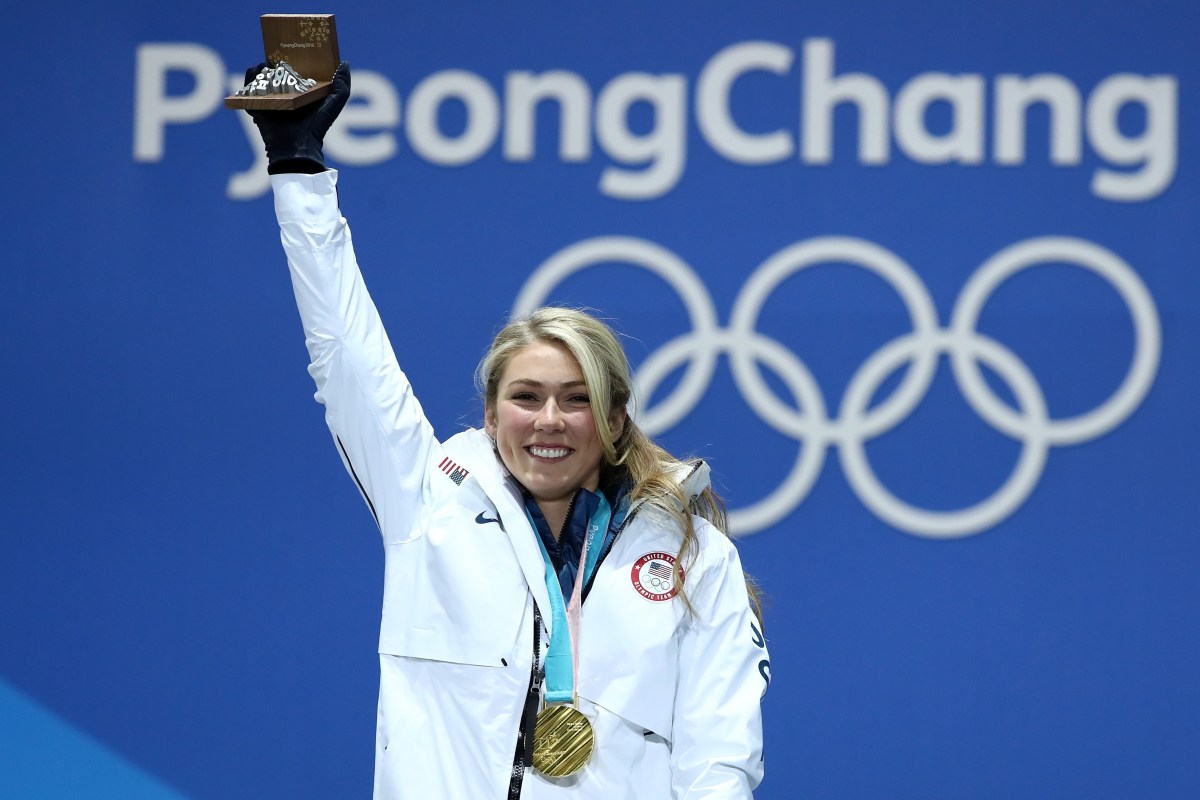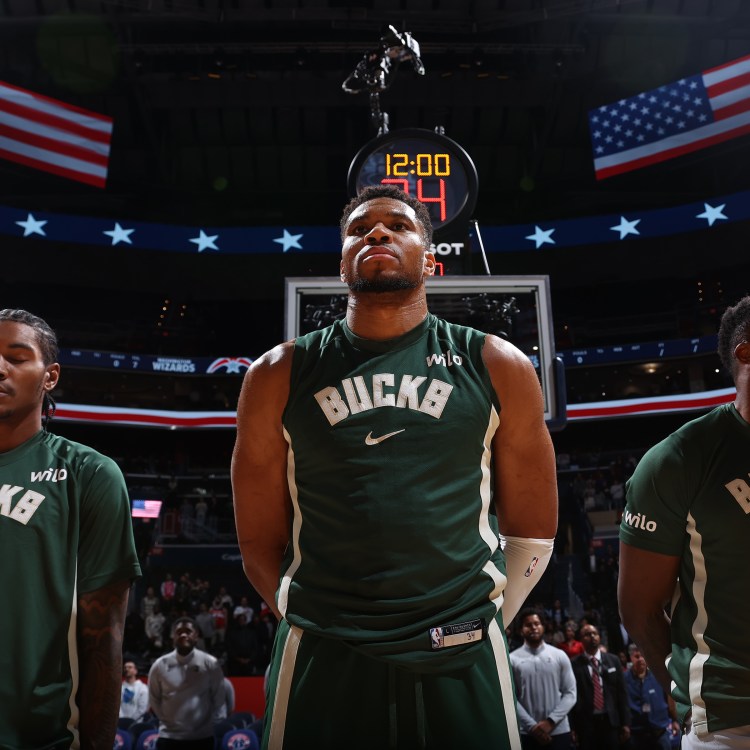For most people, the Olympics come once every four years. We get invested, we pick our favorites and we enjoy watching the events. But afterwards, we forget the athletes for whom we once cheered. As skier Lindsey Vonn said Friday, “Four years is a long time.”
It might be long for us spectators, but it is even longer for the competitors. They have to work out when no one is watching, compete when no one cares, and just hope that they are doing enough to get to the Olympics in another four years and have some fans, The Washington Post reports. The process to commit to returning to the Olympics is long. For many athletes, it is a struggle just to know whether to throw themselves back into training. The six three-time Olympians on the women’s hockey team, for example, were “really reevaluating after Sochi if we wanted another four years,” said Monique Lamoureux-Morando, twin sister to one of the team’s stars, Jocelyn. “Because you can train for those four years, and there’s no guarantee that you’re going to be on the team; there’s no guarantee that you’re going to be in that gold medal game.”
Part of the risk is that four years of work won’t produce the desired result. But there are also financial risks, because the stipends are not always enough to live on. And the personal risks are there too: What would training do to those trying to start a family?
“Everything after it feels ‘bleh,’ ”Alpine skier Mikaela Shiffrin said Friday, according to The Washington Post. “. . . The hardest thing about the Olympics is the incredible emotional valley you feel after it: ‘What is my life meant for, now that the Olympics is over?’ That’s kind of what it feels like.”
The Charge will help you move better, think clearer and stay in the game longer. Subscribe to our wellness newsletter today.


















